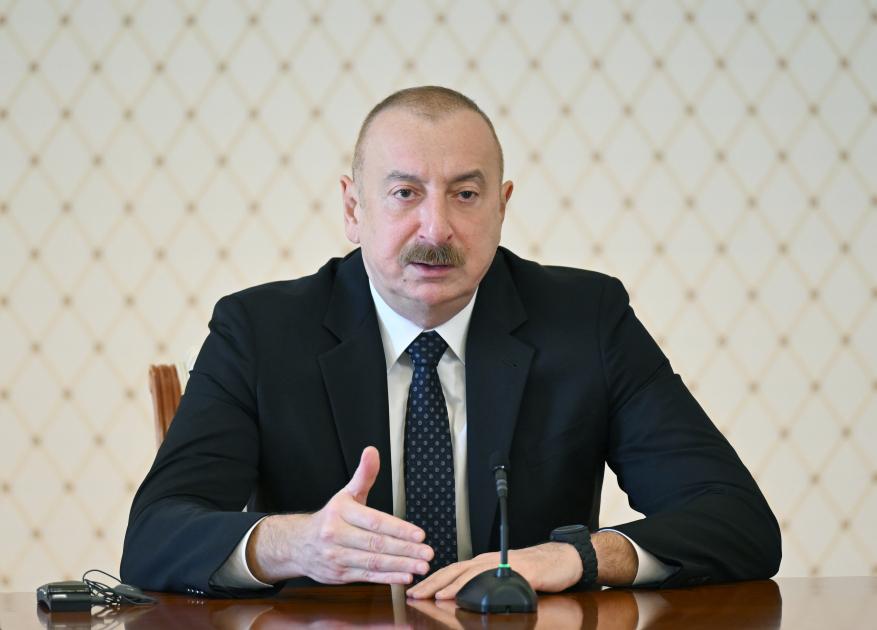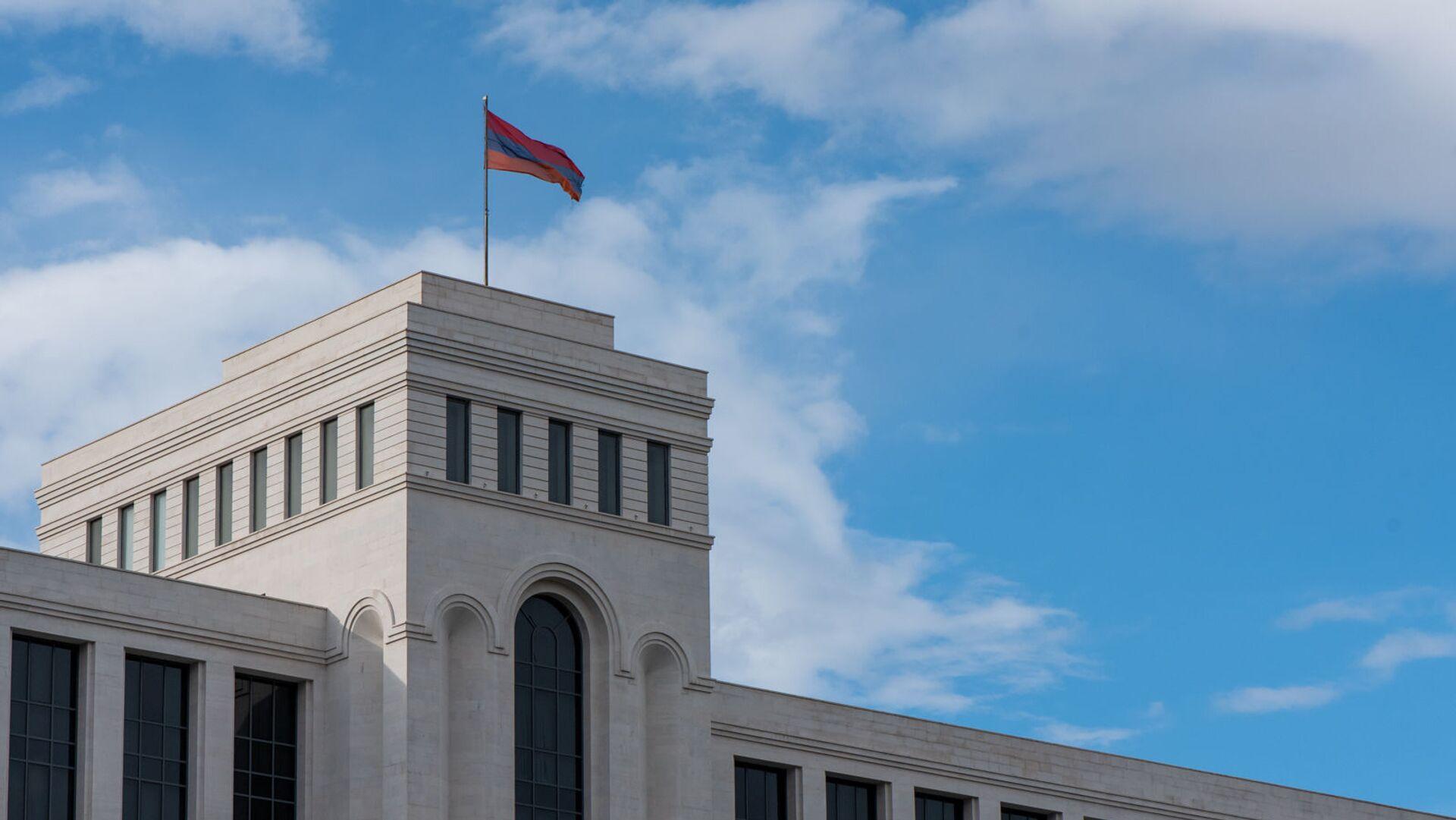Azerbaijan's call for Minsk Group's end meets Armenian defiance What's at stake?
The Armenian government continues to deliberate on the dissolution of the OSCE Minsk Group, which had effectively ceased its operations. Recently, the Armenian Ministry of Foreign Affairs responded to Radio Liberty's inquiry. Journalists asked why Armenia is not in favor of Azerbaijan's proposal to dissolve the Minsk Group and whether Armenia might change its stance and issue a joint statement with Azerbaijan to disband the group. The Armenian Foreign Ministry's response was brief: "Armenia may consider the continuation of the Minsk process as part of a comprehensive resolution of relations, primarily through a peace agreement."
It is worth noting that President Ilham Aliyev of Azerbaijan had previously proposed to dissolve the formal negotiation structure and jointly with Armenia apply to the Organisation for Security and Cooperation in Europe (OSCE).
Speaking at a meeting with representatives from Turkic states' parliaments, the Azerbaijani president delivered a clear message to Armenia: "There is no need for the Minsk Group and it is not functioning now. We will not allow it to operate de facto. It remains for it to be canceled de-jure, legally, and this will show how sincere Armenia is. If Armenia prefers to maintain the Minsk Group, then their territorial claims against us will be continued.

Thus, Baku has clearly outlined its state policy priorities on this issue, signaling to Yerevan that, firstly, the dissolution of the OSCE Minsk Group is of fundamental importance to Azerbaijan, and secondly, Armenia has been given an opportunity to demonstrate its commitment to peace through actions rather than just words.
However, Armenia responded to Baku's initiative with an unsubstantiated refusal. Armenian Parliament Speaker Alen Simonyan, at a press briefing, stated that the Minsk Group could only be dissolved after a peace agreement between Armenia and Azerbaijan is signed. Yet, he did not provide a clear explanation for this stance.
Essentially, the official position of Yerevan yesterday confirmed its unwillingness to compromise with Baku on this crucial issue for Azerbaijan, as well as its ongoing territorial claims against Azerbaijan. This suggests that Armenian Prime Minister Nikol Pashinyan's statements about recognizing Azerbaijan's territorial integrity are merely empty rhetoric.
It is important to emphasize that the OSCE Minsk Group has consistently served as a tool for Armenia, the aggressor, against the interests of Azerbaijan. Throughout the long years of Armenian occupation of Azerbaijani territories, this organization failed to advance the resolution of the Armenian-Azerbaijani conflict. This failure is largely attributed to the fact that none of the mediating countries—whether France, the United States, or Russia—applied sufficient pressure on Yerevan to enforce UN Security Council resolutions demanding the withdrawal of Armenian forces from Azerbaijani territory.
The formal existence of the Minsk Group became meaningless after Azerbaijan resolved the issue of occupation of its lands during the Second Karabakh War in 2020. However, as we can see, Yerevan still attempts to utilize this outdated format, manipulating it under the guise of pursuing a peace treaty.
The question arises: if Armenia genuinely seeks peace, why does it not renounce its territorial claims against its neighboring country, amend its constitution, and instead cling to futile hopes of revitalizing the OSCE Minsk Group's activities? The answer to this question seems clear.
Blinded by its reliance on Western allies—such as the United States and France—Yerevan has yet to abandon its aspirations for Karabakh. This is starkly illustrated by statements from MP Gegham Manukyan, who asserts that although the Minsk Group is currently inactive, it remains a legitimate framework with legal status to protect the rights of the Karabakh Armenians. According to him, as long as the Minsk Group exists, the Karabakh issue remains unresolved.

Simultaneously, the Armenian government is asserting that constitutional matters are an internal issue for Armenia, a stance that appears to be an attempt to portray Azerbaijan as an intrusive state undermining Armenia’s internal affairs and violating international law. Additionally, certain Western forces are making efforts to resurrect the moribund OSCE Minsk Group, feeding the Armenian side’s delusions about its revival.
It is clear that these attempts are destined to fail. As President Aliyev once remarked, "We have already said goodbye to the OSCE Minsk Group," leaving little doubt that any further efforts by Yerevan to revive this structure will be equally futile.








